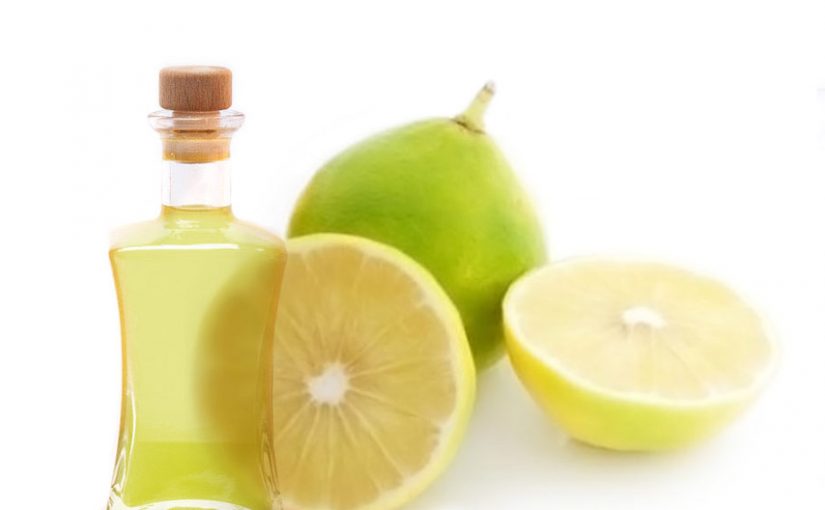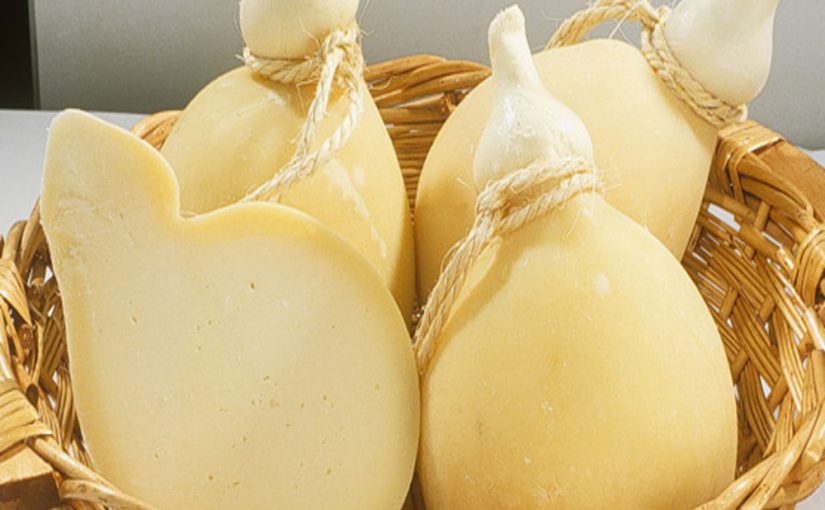20.02.2018
The word bergamot is etymologically derived from the Italian word “bergamotto”.
Our country, Italy and, specifically, Calabria, has the original cultivar. The name of the fruit is related to French bergamote, but, maybe, Turkish is the origin: bey armudu or bey armut (“prince’s pear” or “prince of pears”).
Tha botanic classification is Citrus bergamia and you can admire Citrus bergamia as a small tree that blossoms during the winter, its juice tastes less sour than lemon, but more bitter than grapefruit.
Now, Citrus bergamia is sometimes confused with (but is not the same as):
• Citrus medica – citron, the yellow fruit of which is also known as etrog; or
• Citrus limetta, the “sweet lemon” or “sweet lime”.
Its original cultivar production is completely limited to the Ionian Sea coastal areas of the province of Reggio di Calabria in Italy, most of the bergamot comes from a short stretch of land there, where the temperature is favourable.
About human uses, in Food and drink, the fruit of the bergamot orange is edible, you can obtain Bergamot marmalade and essence extracted from the aromatic skin of this sour fruit is used to flavour Earl Grey and Lady Grey teas, as well as confectionery. In Sweden and Norway, bergamot is a very common flavourant in snus, a smokeless tobacco product.
OTOH, Bergamot essential oil and Bergamot peel is used in perfumery for its ability to combine with an array of scents to form a bouquet of aromas which complement each other. For example, Bergamot is a major component of many original Eau de Cologne, while Bergamot essential oil is popular in aromatherapy.
Bergamot contains extremely large amounts of polyphenols, as compared to other citrus species. They are healty in many ways. Therefore its nature of healthy superfood is justly claimed.
Further, the juice of the fruit has been used in Calabrian indigenous medicine to treat malaria.


